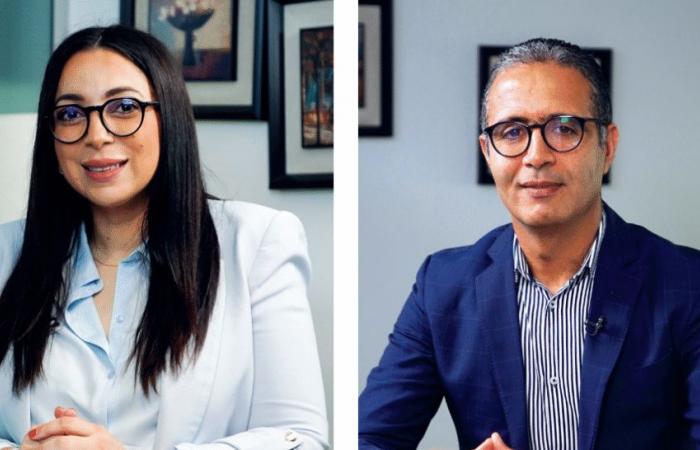Finances News Hebdo: What is a due diligence concretely?
Sheryn Ziani: Due Diligence ESG, like any other form of diligence, is an evaluation process. But here, instead of focusing only on figures, we are interested in sustainability, resilience and long -term performance of the company. We analyze its environmental, social and governance impacts. This type of analysis is increasingly integrated into mergers and acquisitions, strategic partnerships or investments, because stakeholders want to go beyond conventional financial statements.
FNH: What types of criteria are examined on environmental, social and governance aspects?
Sh. Z. : On the environmental level, we evaluate energy management, natural resources, CO2 emissions, the use of renewable energies, waste management, etc. On the social level, beyond compliance with labor law, we are interested in wage equity, non-discrimination in recruitments, the existence of unions and the contribution of the company to local communities. In terms of governance, we examine the composition of the board of directors, independence of members, anti -corruption policies, transparency in ESG reports, and of course compliance with international standards.
FNH: What is the place of this approach today in the practices of Private Equity funds?
Farid Benlafdil: The request for due diligence ESG emanates mainly from international financial institutions (DFI), which are often the first donors in Morocco. This requirement has increased in recent years. Initially perceived as a Exercise of conformity, due diligence ESG is today a strategic step in the investment. It makes it possible to anticipate major risks which could have a direct impact on the valuation of a company.
FNH: Can we say that this diligence is a lever for value creation?
Sh. Z. : Absolutely. 55% of investors say they are ready to revalue their entry ticket if the company shows an advanced ESG maturity. And 80% of the results of the ESG Diligence are then used to define post-investment action plans. It is also a way to improve access to green funding, strengthen the company’s reputation and prepare for increasingly demanding regulations, especially in Europe with the future carbon tax. A company that already makes its reporting ESG is much better armed to meet these obligations.
-FNH: Do you have concrete examples of impact on valuation?
Farid Benlafdil: Yes, let’s take the example of a pharmaceutical laboratory whose soil is polluted. This environmental non-compliance generates a cost of depollution, therefore a cash outlet. This directly impacts the valuation of the company at the time of entry to capital. We are not talking about a simple verification of conformity here, but of elements which concretely influence investment decisions.
FNH: Are Moroccan business leaders aware of these issues?
Sh. Z. : Large companies, especially those linked to international groups, are well advanced on these subjects. On the other hand, on the side of SMEs and VSEs, the ESG is still perceived as a cost rather than a strategic lever. There is a lack of internal resources dedicated to sustainability, and the use of external firms can be perceived as expensive. In addition, Morocco does not yet have an ESG repository fully suited to its context. The demand for due diligence ESG therefore comes mainly from international investors.
F. B. : This is where investment capital can play a structuring role. Upon entering the capital, an ESG action plan is formalized with the entrepreneur. Some donors even go so far as to include exit clauses if the commitments are not kept. And with the entry into force of the European carbon tax in 2026, all exporting companies will have to upgrade.
FNH: Last question, what is the cost of a due diligence ESG?
Sh. Z. : It depends on many factors: the context of the mission, the size of the company, the sector, ESG maturity, data availability, etc. For an SME, a simple mission can start around 50,000 dirhams, and go up to 150,000 dirhams with field audits. For large structures or complex industries, this can go up to 500,000 dirhams. But this cost can be co -financed by donors or funds. You really have to consider it as a strategic investment.
F. B. : Exactly. Take the example of solar energy: by integrating this solution, the company reduces its energy charges. It is also essential not to stop at the audit. It is then necessary to apply and follow the action plan with the support of the initial cabinet.






